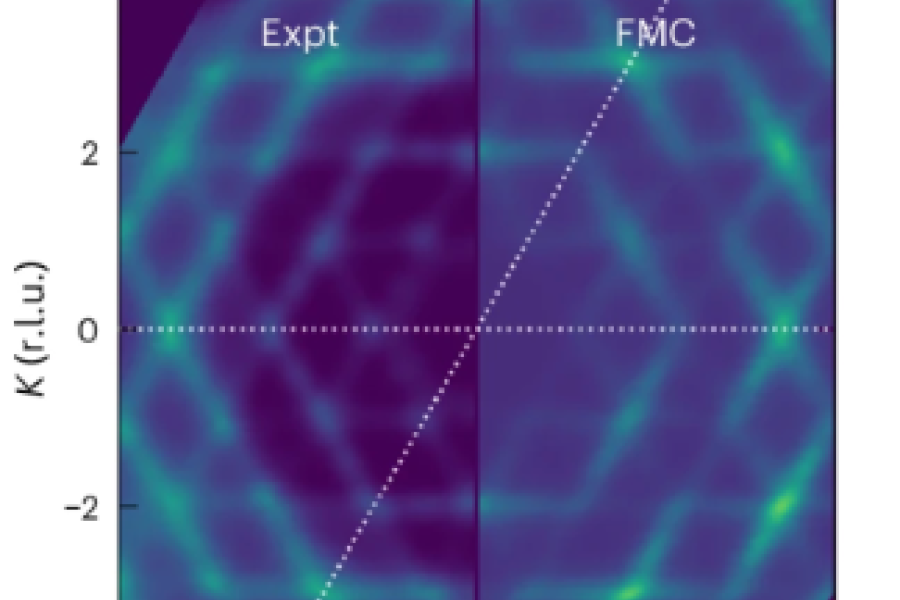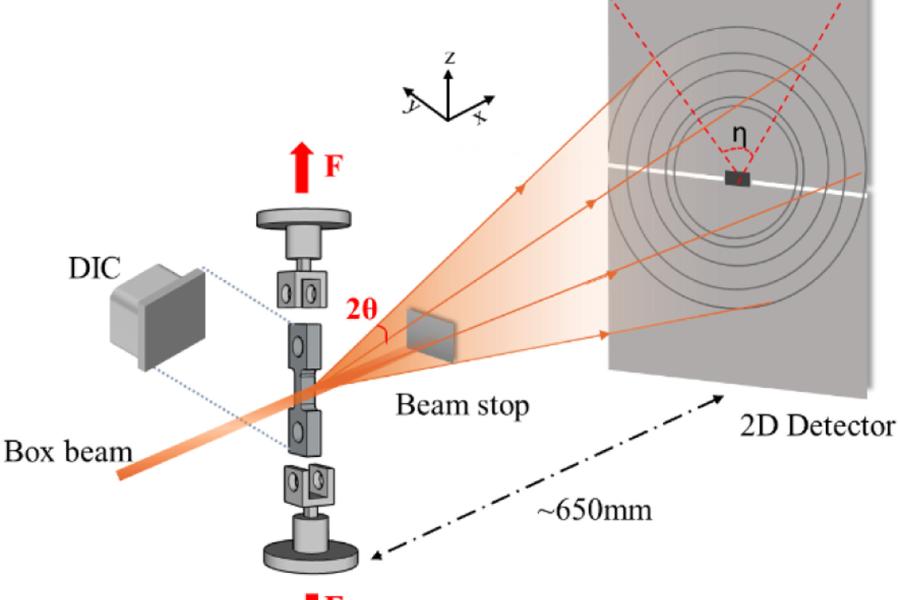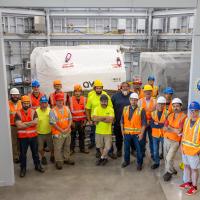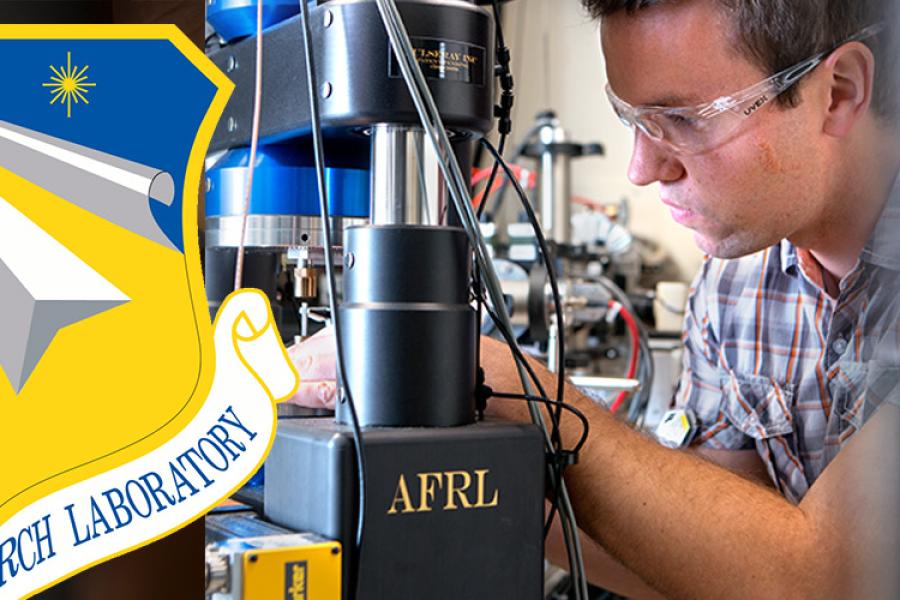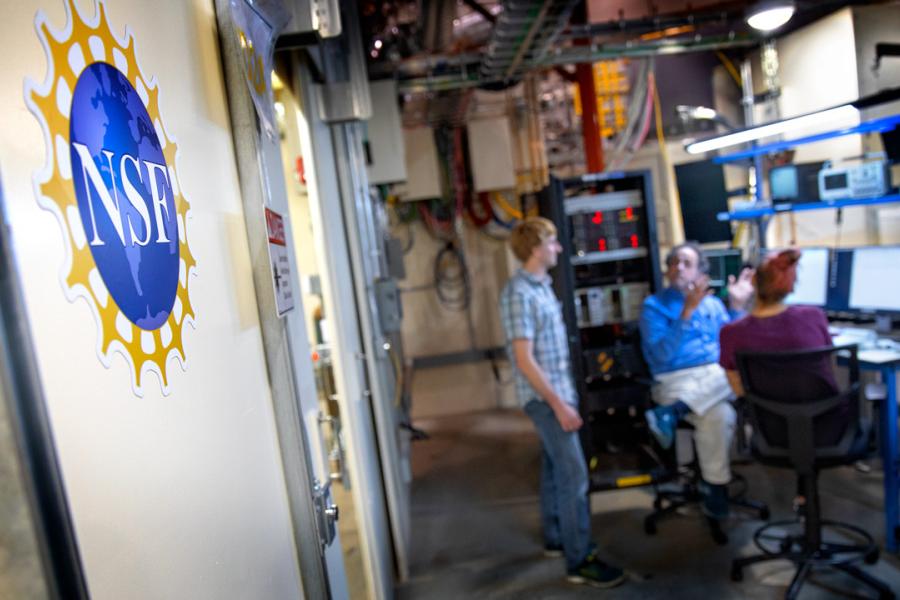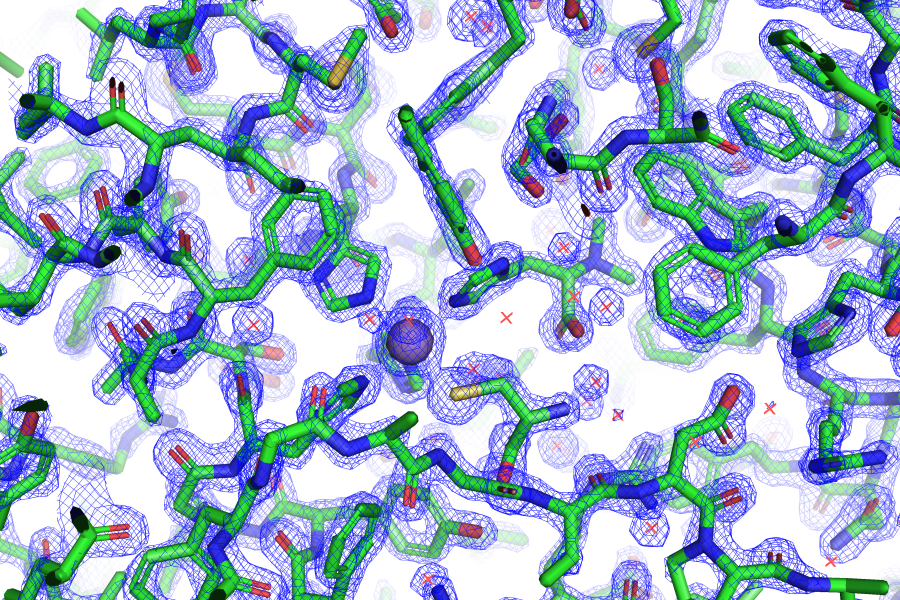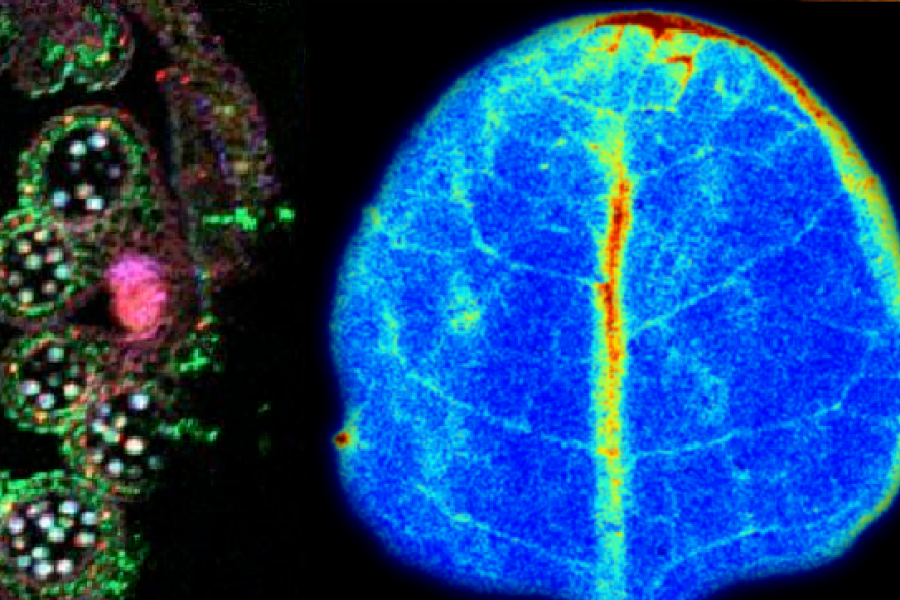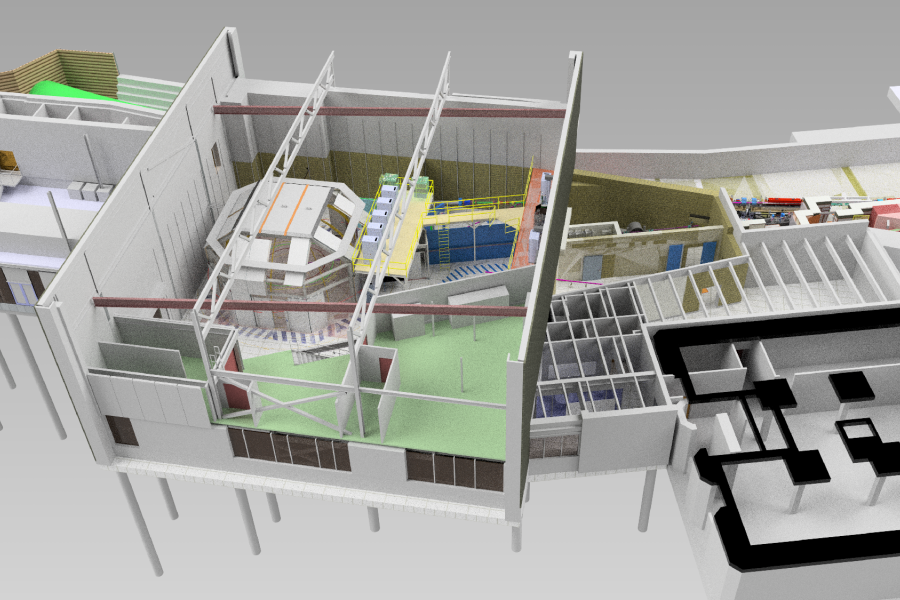-
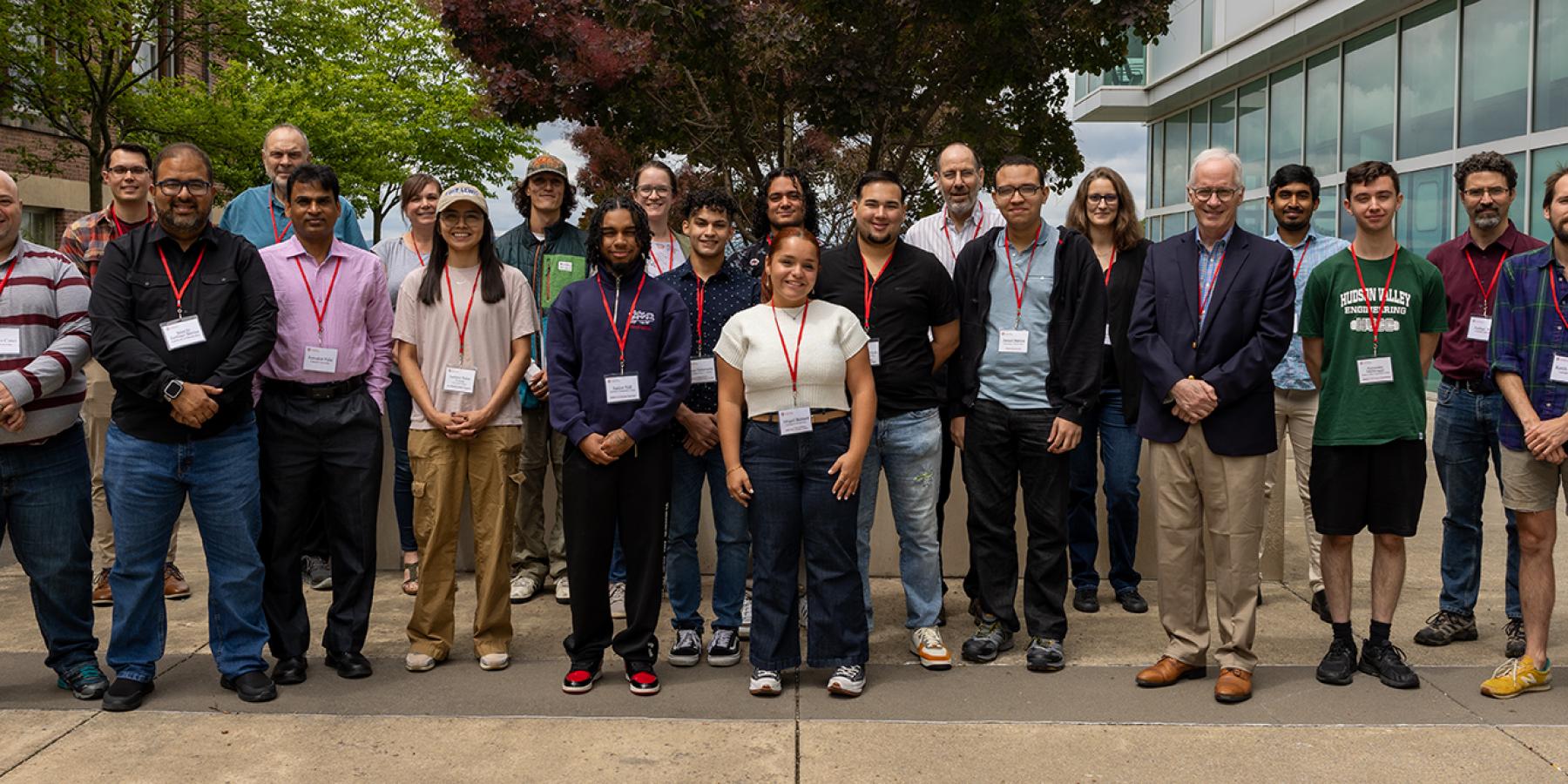
Summer Student Opportunities at CHESS
Exposure to research and applying textbook knowledge outside of the classroom reinforces understanding and provides personal insights into career options
Read more! -
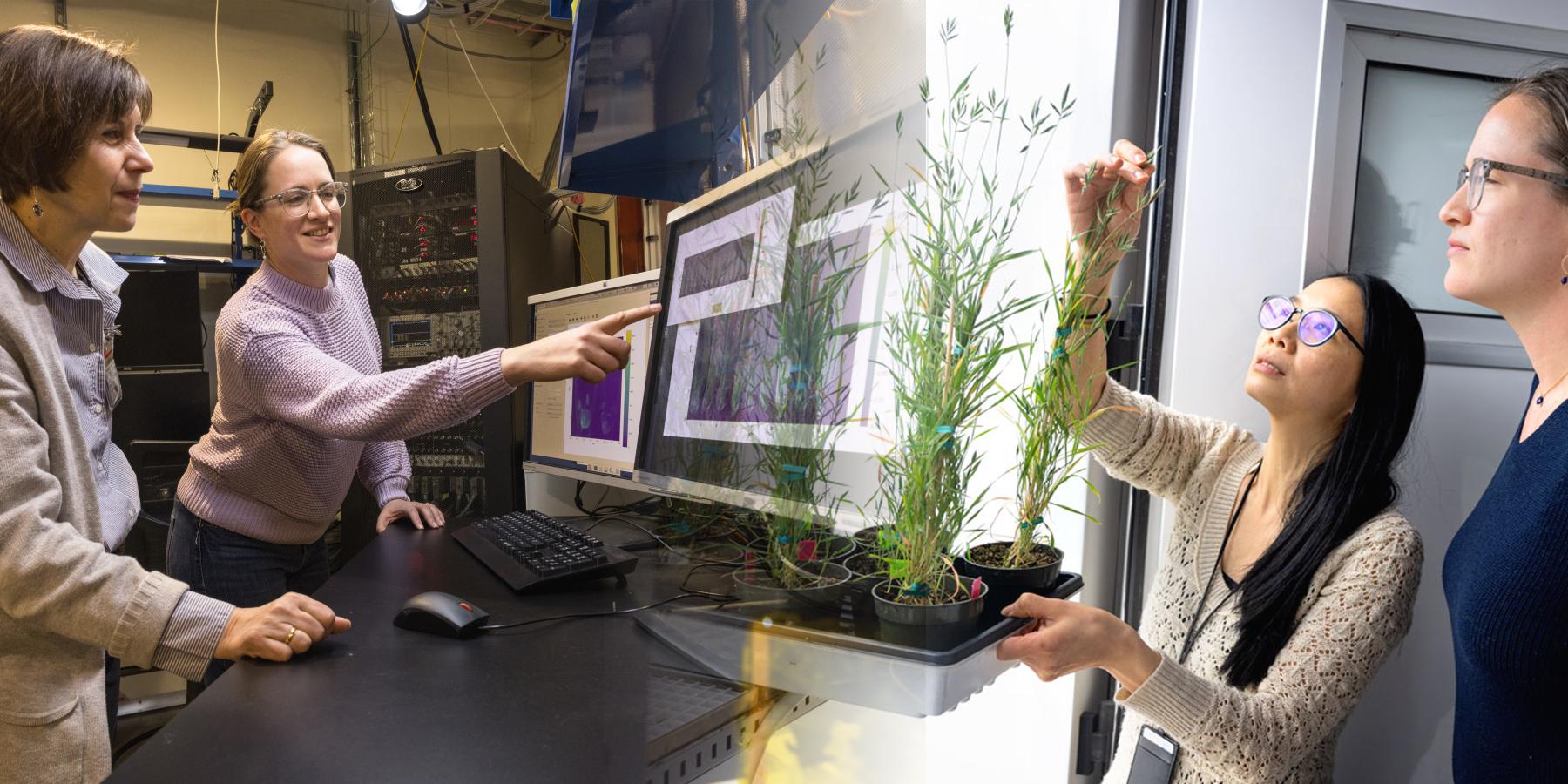
CHESS receives $20M from NSF for new X-ray beamline
The U.S. National Science Foundation has awarded the Cornell High Energy Synchrotron Source (CHESS) $20 million to build a new precision X-ray beamline for research on biological and environmental systems.
Read more!
